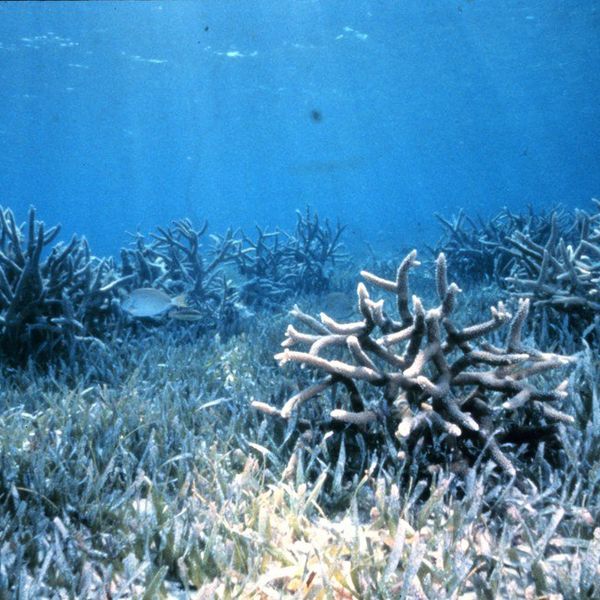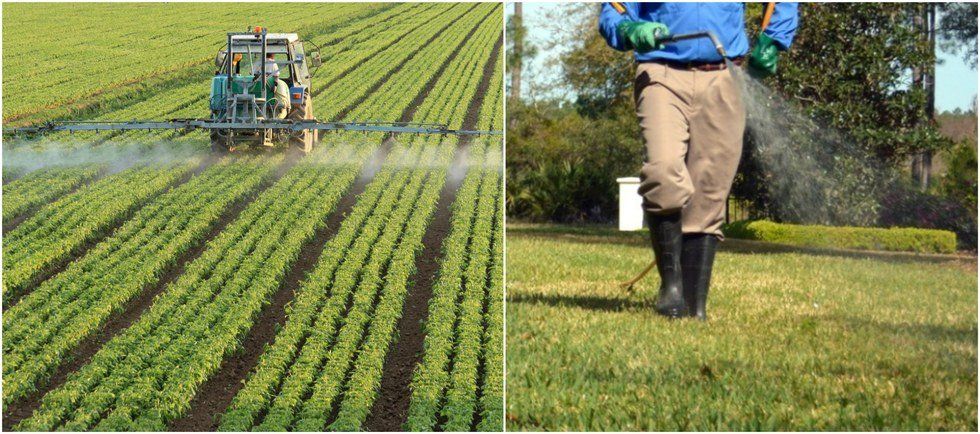Over the course of the past few weeks, research has been conducted to see what effect fertilizer has on the environment and the animals within the direct vicinity where the fertilizer was laid out. Fertilizer has good and bad effects. Fertilizer causes there to be more of a crop yield when it is used in the right combination. When excess fertilizer is used, it causes issues. It can damage the crops growth because the nitrogen can kill the roots. The excess fertilizer can also turn into runoff when it rains heavily. This runoff can go into neighboring lakes, streams, and rivers. This runoff can cause there to be fish kills on a mass level depending on how many fish are in that body of water. Also, any animal that ends up eating the fish that was killed by the runoff could, in turn, cause the animal to get really sick and end up dying as well.
Now, there are many people who are stakeholders in this issue. There are the stakeholders who will be affected positively. Then there are the stakeholders who would be affected negatively if fertilizer is taken off the market for commercial and private use. The stakeholders that would benefit would be the people who fish a lot, live on a lake, get their water from a lake, or live off of the land. The stakeholders that would be negatively affected would be farmers and people who grow their own food at home.
This situation is a double-edged sword. If fertilizer is taken off of the market for commercial and private use, there would be less chemicals in the water. But in turn, it would cause the crop yield to drastically drop in numbers. This would cause more problems because the crops that are grown mostly go toward animal feed. And this would cause drops in the supply of meat and cause the meat prices to skyrocket in the grocery stores. Remember the price of chicken and eggs because of the bird flu? Then the price of pork rising because of the swine flu.
I personally think it would do more harm than good if fertilizer was removed or limited. With fertilizer, the product is bigger and there is more. This makes it better for everyone. This way the livestock will get the food they need. Then, in turn, the people can get their meat at a lower price. When the price of corn or soybean goes up, usually the price of meat goes up. Back in 2012 where there was a major drought, it was feared that the prices of meat and eggs would go up by 2 to 5 percent depending on the item within the following year.
Fortunately, there is a way to limit algae blooms in lake, streams, and creeks. The major cause of these algae blooms is not the fertilizer on cornfields and soybean fields. It is the fertilizer that is put on the lawns without any regard for where it will end up going. And when there is a heavy rain, the lawn fertilizer will run off into the drain sewers. And it will follow the drain sewers down to whatever lake, river, creek, or stream it empties out into.
If fertilizer is removed or limited, there would be less runoff into bodies of water. And this would limit the rise of algae blooms in the water. When there is a major algae bloom, it can make the fish and the water toxic. And if a child was to go swimming in the water during an algae bloom this could cause harm to the child. Also if the child would happen to swallow the water, it could cause the child to get really sick.
We could limit the use of lawn fertilizer. People can handle having a brown or not lushly green lawn. Also, the use of inside growing or makeshift greenhouses can come into effect and limit the use of fertilizer on personal home gardens. Or use natural fertilizer like cow manure, horse manure, or even bat guano. Sure, the natural fertilizer does not smell the greatest for the first couple of days. But all that has to be done is to till the manure into the ground where you plan on planting the vegetables, flowers, or whatever is wanting to be planted.
In all honesty, there is no major consequence from getting rid of lawn fertilizer. You will have to go pull your own weeds out because they will not turn brown and shrivel up and die. You will have to spend a little extra time making sure your lawn is weed free. But this is an excuse to get outside and enjoy the sunshine. So the only consequence would be that you have to get out and do some manual labor on the lawn. But this can be a bonding time with your spouse, mother, father, sister, brother, or child. Honestly, lawn fertilizer is one of the more dangerous things we put on our grass and near our children and animals.
The natural fertilizer does not have the chemicals that cause the algae blooms. In all reality, the fertilizer is to blame. To restate, I believe that fertilizer should not be removed or limited. Not on corn fields or soybean fields. But the issue is the fertilizer that is put on the lawns by TruGreen and other companies that treat people’s lawns. This is the fertilizer that is the major issue. Limit this type of fertilizer and promote natural fertilizer and the issue should be resolved. Don’t limit fertilizer on corn fields. Limit fertilizer on home lawns.





















